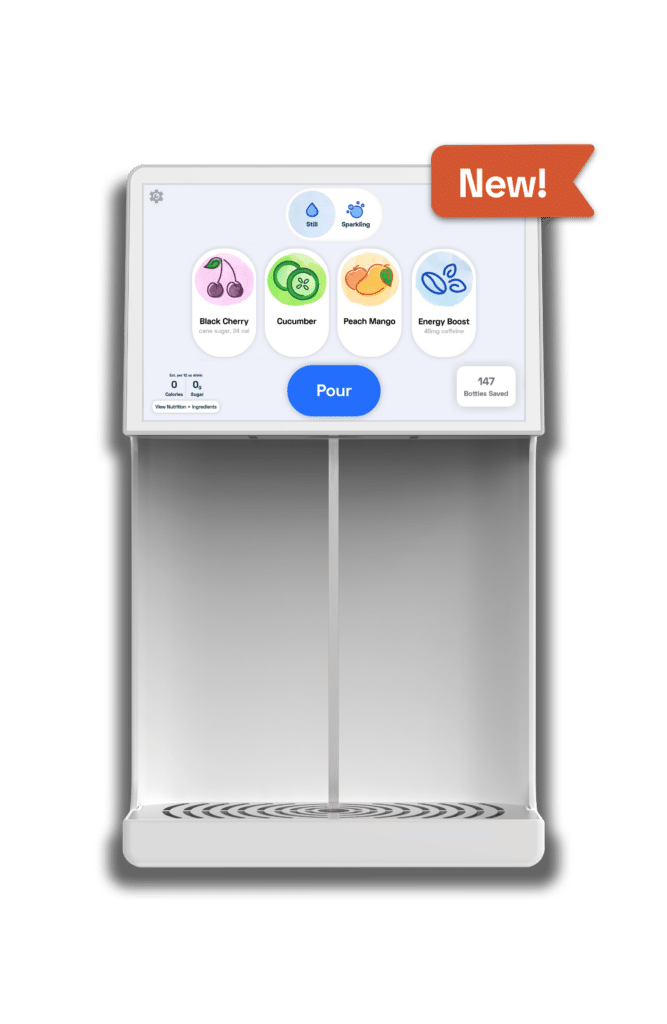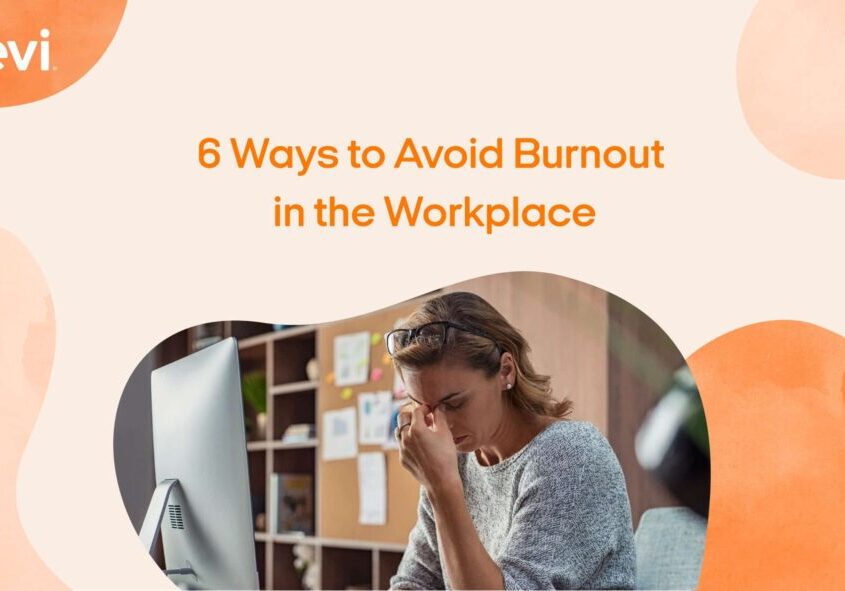January 19, 2023. Picture this: you’re sitting at your desk reviewing your giant to-do list for the day. You can barely keep your eyes open and are one email away from lashing out at your co-worker for some trivial comment they made this morning. You feel that nothing you do makes a difference and you’d do anything to be literally anywhere else. You’re burned out, or close to it. Getting out of bed this morning could have counted as an Olympic sport.
If this sounds like your day-to-day, you may be experiencing workplace burnout.
What is burnout?
Recently identified as an occupational phenomenon by The ICD-11, burnout is best described as “a state of emotional, mental, and often physical exhaustion brought on by prolonged or repeated stress”.
Similar to physical ailments like the common cold, burnout can present itself in a variety of ways depending on the individual. While some may face feelings of intense dread or anxiety, others may experience feelings of anger or cynicism.
According to Mayo Clinic, some of the most common signs of burnout include:
- Physical exhaustion
- Difficulty concentrating
- Difficulty sleeping
- Feelings of cynicism, sadness, or anger
- Sense of dread about work
- Reduced performance or productivity
This is by no means an exhaustive list of symptoms, so we recommend walking through this list of questions, to help you understand if burnout is something you are experiencing.
Not identifying burn out can have major consequences
Studies show that untreated job burnout can be a significant predictor of a multitude of physical and psychological ailments including type 2 diabetes, coronary heart disease, prolonged fatigue, insomnia, and depression.
The good news is burnout can be treated or even prevented entirely by implementing positive changes in your day-to-day life.
So what are those changes and how can you prevent it?
1. Prioritize your physical health
With looming project deadlines, long to-do lists, and personal responsibilities outside of work, sometimes our physical health takes a back burner. But, when you put everything (and everyone!) else before yourself, you’re more prone to burning out.
If you’re starting to feel burnout creeping up on you, do a quick self-assessment to identify areas of possible neglect. Are you getting enough sleep per night? If not, implement a calming night routine that includes a relaxing tea and some light stretching before calling lights-out. Also limit your use of electronics before hitting the hay as it’s shown to suppress your levels of melatonin, leading to less restful sleep.
If you work a sedentary job and struggle to fit in time for lengthy workouts, try getting up from your desk and completing some simple exercises or stretches every hour or two. Every moment spent moving your body adds up and will also help clear your mind!
Good hydration is another essential component of our physical and mental health, and should not be ignored. Staying well-hydrated can combat fatigue, promote mental clarity, and increase your energy levels. It’s also a great reason to get up, stretch your legs, take a deep breath, and combine a few other de-stressing techniques on your way to the office water cooler.
2. Find ways to reduce exposure to common work stressors to avoid burn out
Occasionally you may feel the urge to check our inbox over the weekend or right before dozing off to sleep, but doing so can be damaging to your health and lead to burnout even faster.
According to research conducted by Stanford University, checking emails or messages outside of work hours can lead to something called “anticipatory stress”, a type of stress concerning fears and anxiety about the future. To avoid this unnecessary stress and prevent workplace burnout, you’ll want to keep your work and personal life separate. Silence those Slack or Microsoft Teams notifications outside of your working hours, set up automatic out-of-office emails when you take personal time, and avoid checking your work email on the weekend.
3. Make time for self-care
Though taking a short break to focus on self-care may seem counterintuitive when you have many deadlines and responsibilities, it can do wonders for your mental and physical health, thus leading to higher levels of productivity, happiness, and mental clarity.
Start by making a list of activities that make you happy. Perhaps it’s reading a few pages of a book or going for a walk in nature. For others, it may be listening to music, making a comforting cup of tea or coffee, or calling a close friend.
Next, take a look at your calendar to see where some of these self-care activities fit in. Ideally, these activities would be sprinkled throughout the day, but if that doesn’t work for your schedule, try to plan time either in the morning or evening to focus solely on self-care. Bonus points if you’re able to unplug from technology at the same time!
4. Plan some time away to avoid burn out
How to avoid burnout? Use those vacation and personal days whenever possible.
Of course there will always be deadlines and responsibilities that we can’t just walk away from, but that doesn’t mean that we can’t plan some future vacations to look forward to.
Even if your circumstances make it difficult to plan a 2 week-long vacation, a simple day trip to a nearby city or a few hours at the spa can make a world of difference. Being able to step away from work for a short amount of time can have you returning refreshed and rejuvenated.
Not ready to jump on a plane quite yet? Research shows that just the anticipation of a future vacation can be enough to boost your happiness.
5. Learn stress-management strategies when things get tough
When put into high-pressure situations, managing the onslaught of emotions that come with it can be quite difficult. Thankfully, there are some simple stress-management strategies that can be executed on the spot to further prevent workplace burnout.
Certain mindfulness practices like guided meditation or deep breathing do wonders for calming the mind, making it easier to make important decisions and focus on what’s most important. If movement is more your cup of tea, try going for a short walk when the going gets tough. Research shows that even a ten-minute walk can increase confidence, improve circulation, and boost your mood.
6. Communicate with your supervisor and colleagues that you’re burning out
Unfortunately, workplace burnout presents itself differently to everyone it takes hold of. Because of this, your supervisor or close colleagues may not even notice anything different about you until it begins to impact your performance. So, if you’re feeling susceptible to burnout, it’s important to communicate your concerns with your supervisor or close colleagues.
This could be making time with a manager to share tactical setbacks that are making your job more difficult or simply having lunch with a coworker to vent your frustrations. Either way, it always feels good to talk it out and communicate your concerns. You don’t need to fight burnout alone.
Control workplace burn out before it controls you
If you’re worried about potential burnout or are already experiencing some of its familiar signs like physical or mental exhaustion, it’s time to make some changes.
Things like prioritizing self-care, practicing stress-management techniques, and communicating with your boss can really go a long way toward preventing or managing burnout.
A good way to fight burn out? Hydration! >> Learn more about a Bevi machine.





